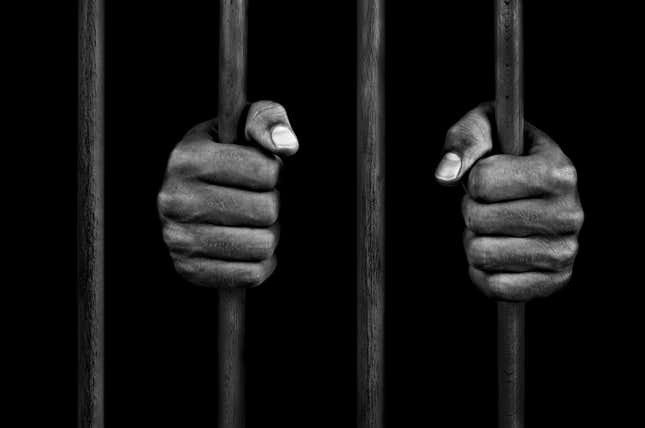
The news that Nebraska law enforcement had used a teen’s Facebook messages to charge for having an illegal abortion caused an uproar this week. Many argued that this is what happens in a world without Roe.
But what if I told you that even before the Supreme Court overturned Roe, Americans, especially Black and Brown Americans, have faced prosecution for allegedly ending pregnancies? And that the end of Roe has only made things worse.
A new report from If/When/How, a reproductive justice advocacy organization, found that from 2000 to 2020, there were at least 61 cases of people criminally investigated or arrested for allegedly terminating their pregnancies or helping someone to end their pregnancies.
Unsurprisingly, law enforcement disproportionately targeted people of color for arrest or investigation, according to the report, which found that 17 percent of the cases involved Black Americans.
According to the report, as abortion bans triggered by the end of Roe v. Wade continue to emerge, more Americans, and especially more Black and Brown Americans, will get caught-up in the criminal justice system.
But what does it actually look like to be investigated for the crime of not giving birth to a healthy baby?
Well, it could look like what happened to Latice Fisher, a Black Mississippi woman, who in 2017 delivered a still-born baby at home.
Instead of being allowed to grieve in peace, Fisher’s search history was used against her in court. And ultimately, she was charged with second-degree murder for allegedly having an abortion.
It could also look like what happened to Marshae Jones, a Black Alabama woman, who in, 2019, was charged with manslaughter after she was shot in the stomach which caused her to miscarry.
Police blamed Jones for allegedly initiating the fight, saying that the “unborn baby is the victim here,” according to AL.com.
Luckily, both women have since been freed. But the fact that this was happening even before the fall of Roe is concerning.
Overwhelming, the cases in the If/When/How report involved adults who used abortion pills at home in their second or third trimesters. Even before the Supreme Court overturning Roe, almost all states banned abortion after a certain point in pregnancy.
But, as abortion bans get narrower and narrower Black women who willingly terminate their pregnancies or suffer miscarriages could find themselves at greater risk.

